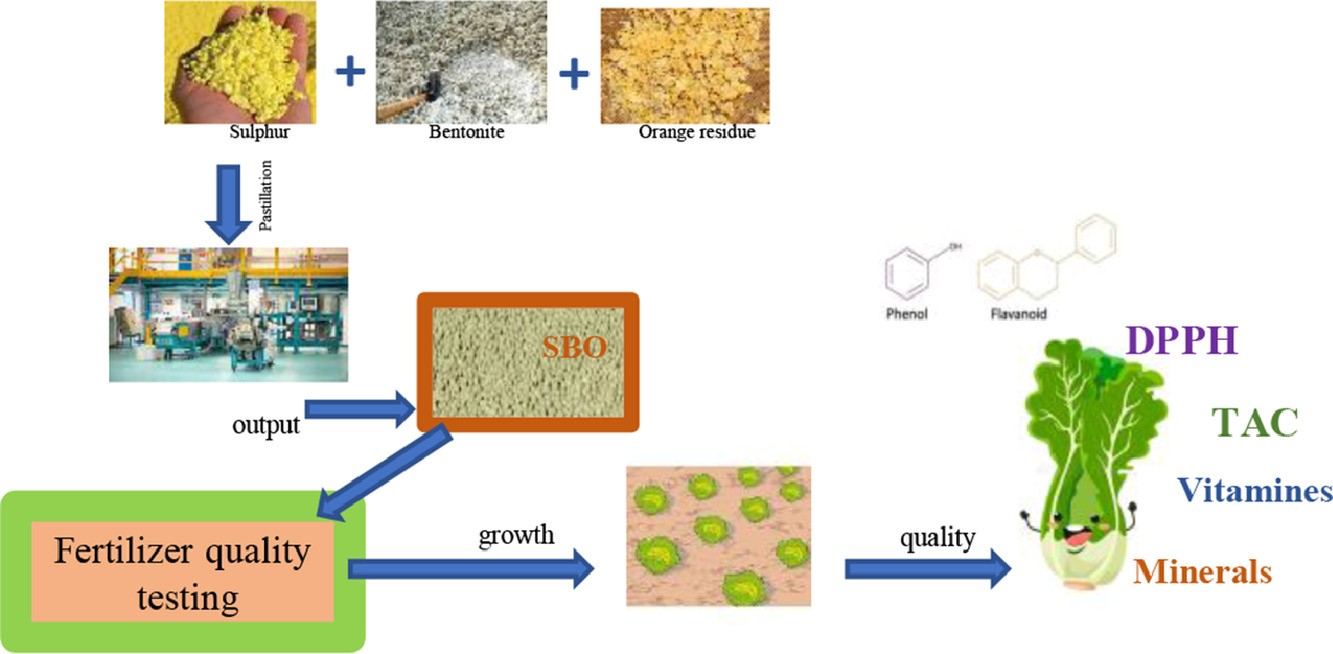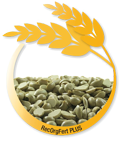21 February 2023
A new scientific article entitled “Growth, nutritional quality and antioxidant capacity of lettuce grown on two different soils with sulphur-based fertilizer, organic and chemical fertilizers” has just been published on the scientific journal Scientia Horticulturae. The article was written by our project partner, Prof. Muscolo, in collaboration with some of her colleagues from Mediterranea University and the work done in LIFE RecOrgFert PLUS project has been acknowledge.
Scientia Horticulturae is an international journal publishing research related to horticultural crops. Articles in the journal deal with open or protected production of vegetables, fruits, edible fungi, and ornamentals under temperate, subtropical and tropical conditions. Papers in related areas (biochemistry, micropropagation, soil science, plant breeding, plant physiology, phytopathology, etc.) are considered, if they contain information of direct significance to horticulture.
Here you can find the abstract of the article:
Organic and industrial wastes represent a great opportunity to produce organic-mineral fertilizers for land restoration and crop quality improvement. The principal interest of this work was to use sulphur recovered from the residues of hydrocarbon refining processes, and orange wastes from food industry processing stabilized with bentonite (SBO) to cultivate lettuce (Lactuca sativa L.), one of the most produced green leafy vegetable worldwide. The aim of the present study was to cultivate lettuce in open field, in two different soils, using the mineral-organic fertilizer (SBO) at different concentrations, in comparison to chemical fertilizer (NPK), horse manure (HM) and to a control (unfertilized soil). The impact of the new fertilizer on lettuce growth and quality (nutrients and antioxidants) was investigated. Results evidenced that sulphur-based-fertilizer increased mainly the quality rather than the growth of lettuce independently from the soil characteristics. The fertilization with SBO increased the amount of potassium and sulphate in lettuce grown in both soils in respect to fertilizer concentration. In both locations, a stimulatory effect of SBO fertilizer, more on secondary metabolites than primary metabolites, in particular flavonoids, phenols, vitamins C and E, was observed. The antioxidant activities expressed as DPPH and TAC, also increased in lettuce grown with SBO at all concentrations compared to CTR and the other treatments, the increase was dependant on the SBO concentration. In short, lettuce was found enriched of anti-inflammatory compounds and vitamins when cultivated with SBO. The highest antioxidant activities, in SBO grown lettuce, were correlated to the high amount of phenols for DPPH, and flavonoids, vitamin C and E for TAC. These results can be useful for both nutraceutical and agronomic purposes.ù

Curios to read the full article? Read it HERE >>
